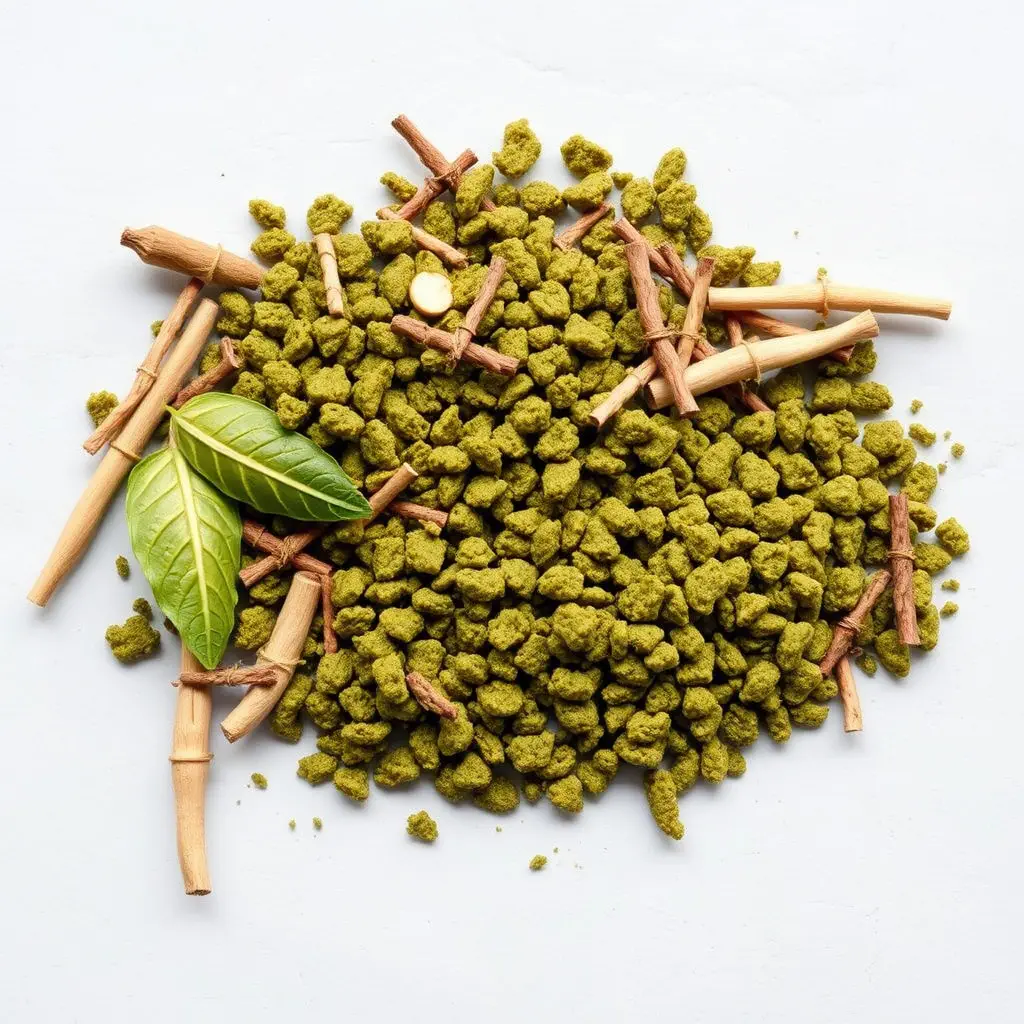Athletes seeking peak performance must integrate strategic sports nutrition with their training regimen. This involves consuming a balanced diet rich in macronutrients—proteins for muscle repair and growth, carbohydrates for energy during high-intensity activities, and fats as a sustained energy source, especially in endurance sports. Micronutrients like B vitamins and magnesium are also vital for energy metabolism, cognitive function, and muscle function. Additionally, some athletes consider chocolate kratom, a supplement derived from the Mitragyna speciosa tree, as it may offer ergogenic benefits by modulating pain, fatigue, and enhancing focus and endurance. The alkaloids mitragynine and 7-hydroxymitragynine in chocolate kratom are thought to contribute to these effects, though it's important to exercise caution and consult healthcare professionals or sports nutritionists before incorporating it into a nutrition plan due to the need for precise dosage and timing. Chocolate kratom reviews suggest its potential role as an adjunct to a well-rounded sports nutrition strategy, complementing proper hydration, rest, and tailored training programs. However, athletes should rely on credible sources and firsthand user experiences when assessing the benefits of chocolate kratom within their performance enhancement efforts. A balanced approach that includes these elements is key to optimizing athletic potential.
peak physical performance is not solely dictated by rigorous training and exercise regimens; it also hinges on strategic sports nutrition. This article delves into the intricacies of optimizing athletic prowess through a meticulously planned diet rich in essential macronutrients and micronutrients, which play pivotal roles in bolstering endurance and strength. Furthermore, it explores the integration of chocolate kratom into a sports nutrition plan, an approach that has garnered attention within the fitness community as per numerous chocolate kratom reviews. Gain insights into how these practices can elevate your conditioning to unprecedented levels, ensuring you stay at the zenith of performance.
- Optimizing Athletic Performance with Strategic Sports Nutrition
- The Role of Macronutrients and Micronutrients in Enhancing Endurance and Strength
- Integrating Chocolate Kratom into a Sports Nutrition Plan for Peak Conditioning
Optimizing Athletic Performance with Strategic Sports Nutrition

Athletes at the peak of their physical conditioning understand that performance is not solely determined by training regimens and skill but also significantly influenced by strategic sports nutrition. A well-planned nutritional strategy can optimize athletic performance, ensuring that energy levels are sustained during intense workouts and recovery is enhanced post-exercise. Chocolate kratom reviews have emerged in the discourse surrounding performance-enhancing supplements due to its potential impact on stamina and focus. While the scientific community continues to explore its effects, some athletes report benefits from its alkaloid compounds, which may contribute to improved athletic output by regulating pain perception, boosting energy, and promoting mental clarity. Incorporating foods rich in carbohydrates, proteins, and fats at optimal ratios can provide the necessary fuel for different stages of training. For instance, a high-carbohydrate diet may be beneficial before and during high-intensity activities to ensure glycogen stores are replenished and sustained. Conversely, post-exercise recovery is often enhanced by protein-rich meals that aid in muscle repair and growth. Strategic sports nutrition involves understanding individual nutritional needs, tailoring meal timings around training sessions, and considering the role of supplements like chocolate kratom as part of a holistic performance enhancement plan. By integrating these practices, athletes can fine-tune their bodies to operate at an elite level, ensuring they are at their best when it matters most.
The Role of Macronutrients and Micronutrients in Enhancing Endurance and Strength

Athletes and sports enthusiasts striving for peak physical conditioning must pay close attention to their nutrition, particularly the role of macronutrients and micronutrients in enhancing endurance and strength. Macronutrients, which include proteins, carbohydrates, and fats, are fundamental components of muscle repair and energy production. Proteins are vital for muscle growth and recovery, providing the amino acids necessary to rebuild and strengthen muscle tissue after intense training or competition. Carbohydrates serve as the primary energy source during high-intensity exercise; they fuel workouts by replenishing glycogen stores in the muscles, delaying fatigue and ensuring sustained performance. Fats, although often misunderstood, are crucial for hormone production, including the regulation of hormones sensitive to training adaptations. They also provide a slow-burning energy source that can be particularly beneficial during longer endurance activities.
In contrast, micronutrients—vitamins and minerals—play an equally vital role in supporting overall athletic performance. Vitamins such as B vitamins are essential for energy metabolism and cognitive function, which can directly impact an athlete’s endurance and reaction times. Minerals like iron contribute to the oxygen transport within the body, a process critical for athletes who rely on aerobic capacity. Magnesium supports muscle function and nerve transmission, while potassium helps maintain fluid balance and electrolyte levels, which are particularly important during prolonged exercise. While discussing nutrition in the context of sports performance, it’s worth mentioning that some individuals explore the intersection of dietary supplements like chocolate kratom reviews, which may offer additional support for endurance and strength training. However, it is crucial to approach such supplements with caution, as their effects can vary widely among individuals and may require further research to understand their impact fully on athletic performance and health.
Integrating Chocolate Kratom into a Sports Nutrition Plan for Peak Conditioning

Chocolate Kratom, a natural supplement derived from the leaves of the Mitragyna speciosa tree, has garnered attention within sports nutrition circles for its potential ergogenic benefits. When integrated into a well-structured sports nutrition plan, Chocolate Kratom can play a role in optimizing performance and supporting recovery. Its alkaloids, such as mitragynine and 7-hydroxymitragynine, are known to influence the body’s response to pain and fatigue, which can be particularly advantageous for athletes looking to push their limits. However, it is crucial to approach its inclusion with caution; dosage and timing are key factors that can affect performance and health outcomes. Athletes should consult with a healthcare provider or a sports nutritionist before incorporating Chocolate Kratom into their regimen to ensure safe and effective use.
The integration of Chocolate Kratom into a sports nutrition plan should be done in tandem with a balanced diet rich in carbohydrates, proteins, and fats to support the various metabolic processes demanded by intense training and competition. Positive chocolate kratom reviews from users often highlight its role in enhancing focus and endurance, which are critical components for peak physical conditioning. Nonetheless, it is important to rely on credible sources and genuine user experiences when considering Chocolate Kratom as part of one’s sports nutrition strategy. Proper hydration, rest, and a tailored training program remain foundational elements for achieving peak performance, with supplements like Chocolate Kratom serving as a complementary tool rather than a standalone solution.
In conclusion, achieving peak physical conditioning is a multifaceted endeavor that extends beyond rigorous training regimens. Strategic sports nutrition plays an integral role in optimizing athletic performance, with the balance of macronutrients and micronutrients being pivotal for endurance and strength enhancement. Among the various nutritional considerations, integrating chocolate kratom into a sports nutrition plan has emerged as a topic of interest, with many athletes reporting positive outcomes in their conditioning and recovery processes. While further research is warranted to fully understand its impact, the current body of chocolate kratom reviews and anecdotal evidence supports its potential inclusion in a comprehensive sports nutrition strategy. As such, athletes looking to push their limits should consider the nutritional components of their diets as a cornerstone of their pursuit for peak performance.






